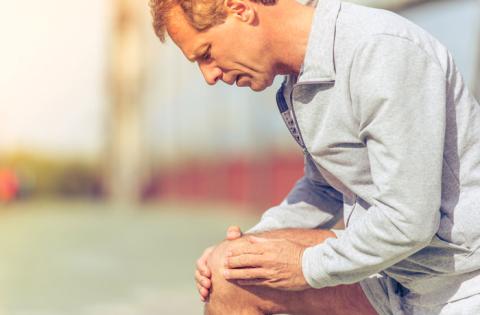General Resources
The Health Benefits of Enjoying Local Nature
A quick walk outdoors or a few moments spent sitting in the sun can be a shortcut to feeling better quickly. In fact, time spent outside is so beneficial to our overall health that doctors are starting to give patients “nature prescriptions”, a specific amount of time the doctor instructs a patient to spend enjoying the outdoors.
Pagination
- Previous page
- Page 7
- Next page









